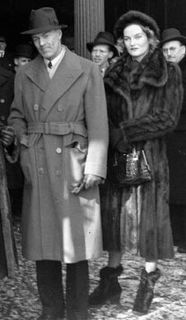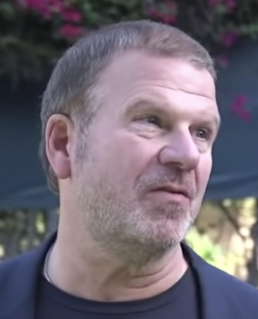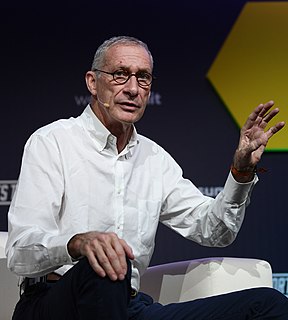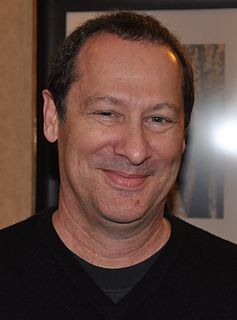A Quote by Doris Duke
I'm not stingy. I'm just afraid of being an easy mark. People wouldn't have money long if they didn't ask how much things cost.
Related Quotes
When you go to that other country you realize that in France and in England, you don't ask somebody what they do for a living when you meet someone. A lot of the obvious things, the shortcuts we take in America - in America you can talk about money all you want. You can ask how much they make, rent they pay, how much their house costs and how much their car costs, and they'll feel comfortable telling you. But it's scandalous to ask anyone in England or France a question like that.
The first set of questions to ask yourself when you're doing cost cutting is relatively straightforward, which is, you know, can you use the necessity of cost cutting as an opportunity to do pruning or trimming for projects that aren't being as successful? But, you know, frequently those are the easy ones. I mean, there's always some kind of social costs internal to the company, but that's the easy way of looking at the future.
People need to understand. If they go to a show on Broadway and find seventy people working but only fifty spectators, how much would the ticket cost? That's what El Bulli's about. There are seventy actors who are playing for just fifty spectators. Is the price expensive? It's relative. How much does a normal dinner at a five-star hotel restaurant cost? Four hundred dollars. It's the same as El Bulli. But you can also think of it this way: How much would it cost to eat something that nobody else is eating?
Interesting thing that is happening in American society is that people are starting to talk about money. I don't know how you feel about this, but for a long time, nobody was talking about money. It was a secret. And it's kind of very interesting because we do lots of stuff to portray to people about how much money we have, the clothes we wear and the cars we have and the house - they all kind of depict to other people, signal how much money we make, but we don't talk about it specifically.
How is it possible that a process can be democratic when it comes by way of money? If there is money then it can be elected a senator, it can be elected a representative. Do you know how much it cost to be elected president of the United States? The amount has reached, billions of dollars, 2 billion, 3 billion, 4 billion dollars, that's how much a presidential campaign costs. How much does a senatorial campaign cost? It costs 80 to 90 million dollars; or the campaign of a representative, 40 to 50 million. Is that really a democracy?
People always ask, "How do you get in the mind of the teen reader?" I think all human beings have these common threads. We struggle with the same things. We desire love and attachment. We have to sort out how much we want to be attached and be independent, how we manage need and being needed and being hurt. These are things that begin when we're - how old? Then in those teen years we start to really feel them.
The way that I make films is that I sit down and I think, "How much money could I get with less consequences?" And that's how I start. I'd rather have less money and total autonomy than more money and start having to answer to things, because then I'm not being true and the money men are not being true.



































